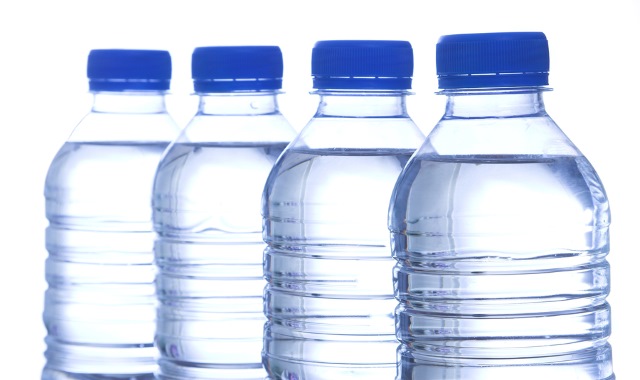How Does Hydration Affect Speed
Bring a bottle of water with you. That’s what most nutritionists would tell golfers. Walking for 18 holes and swinging under the heat of the sun is no joke.
Dehydration ruins athletic performance. It causes fatigue. Cramping is caused by a lack of water, which is why most endurance athletes train themselves to drink lots of water.

For sprinters, dehydration slows athletes down. It keeps their mental state fatigued as well.
While basketball is not directly related to golf, let’s explain the dehydration through an NCAA research.
Eight NCAA Division II basketball players performed two identical sprint tests consisting of three sets of eight 30-meter sprints with 45 seconds of rest between sets. One test was performed while hydrated and the other was performed at 3-percent dehydration.
The researchers found no difference in the two tests in the first set of sprints. However, the dehydration results were on average 3.3 percent slower in the second and third sets. There was a wide gap in individual performance. One athlete actually sprinted 0.8 percent faster in the dehydration test and another sprinted 5.5 percent slower.

One hot golf day…
Based on these results, the researchers concluded that dehydration of 1 to 3 percent will likely slow down your intermittent sprint speed. They also found that dehydrated athletes experience an elevated heart rate and perceive the sprints as more difficult.
Some athletes might be able to handle dehydration better than others, but staying hydrated should be a primary focus for athletes looking to maintain their sprint speed.
- Here’s how to get yourself continuously hydrated.
- Drink fluid throughout the entire day. Male athletes should have about 15 cups of water, and female athletes should drink 9-11 cups of water.
- Drink 20 ounces of water 1 hour before activity.
- Drink regularly throughout your activity, taking big gulps of water.
- Drink 24 ounces of water after activity for every pound of weight lost.
Source: Stack.com

